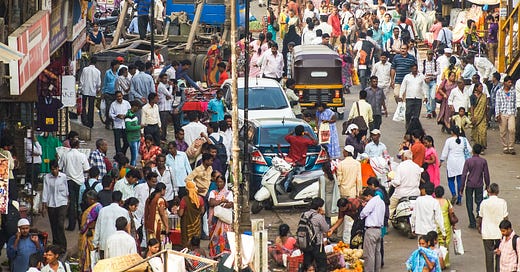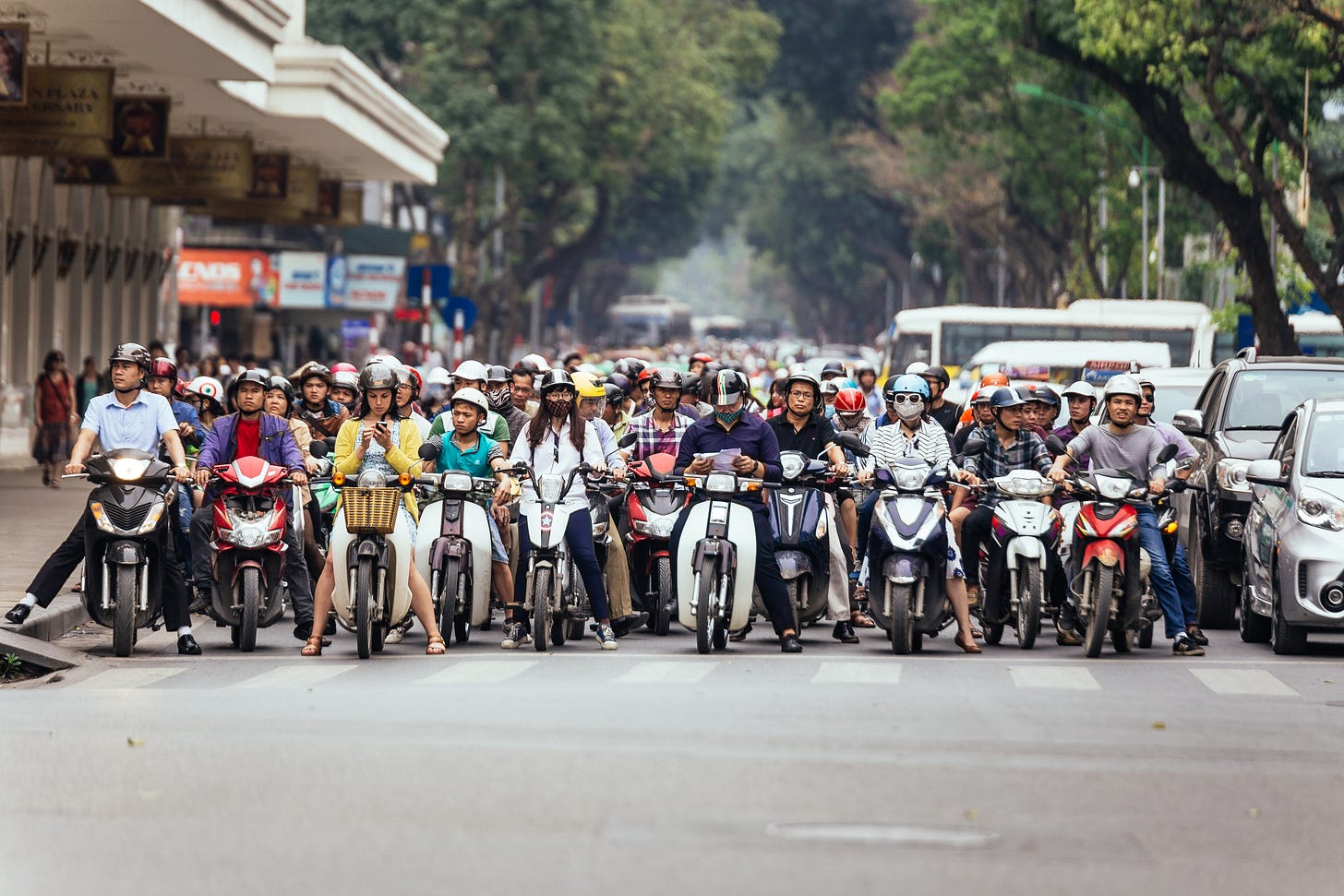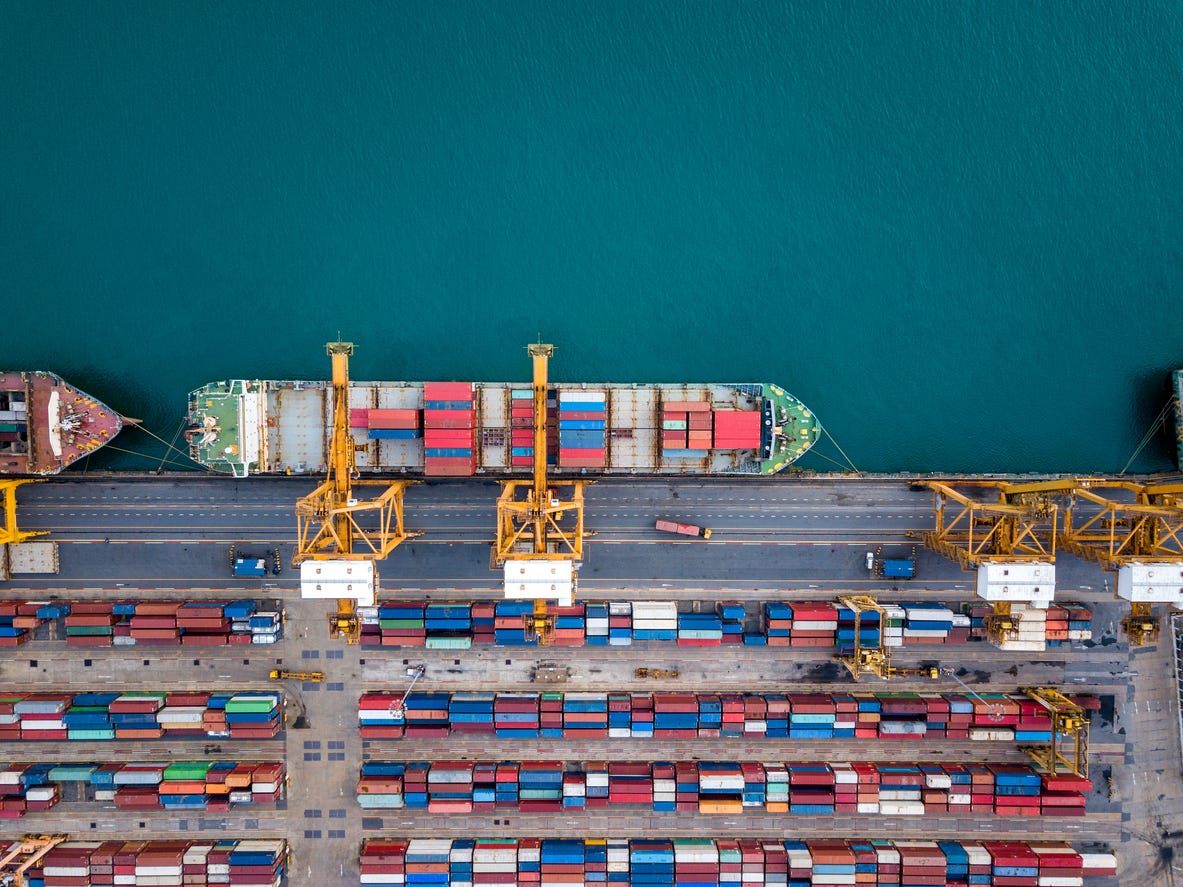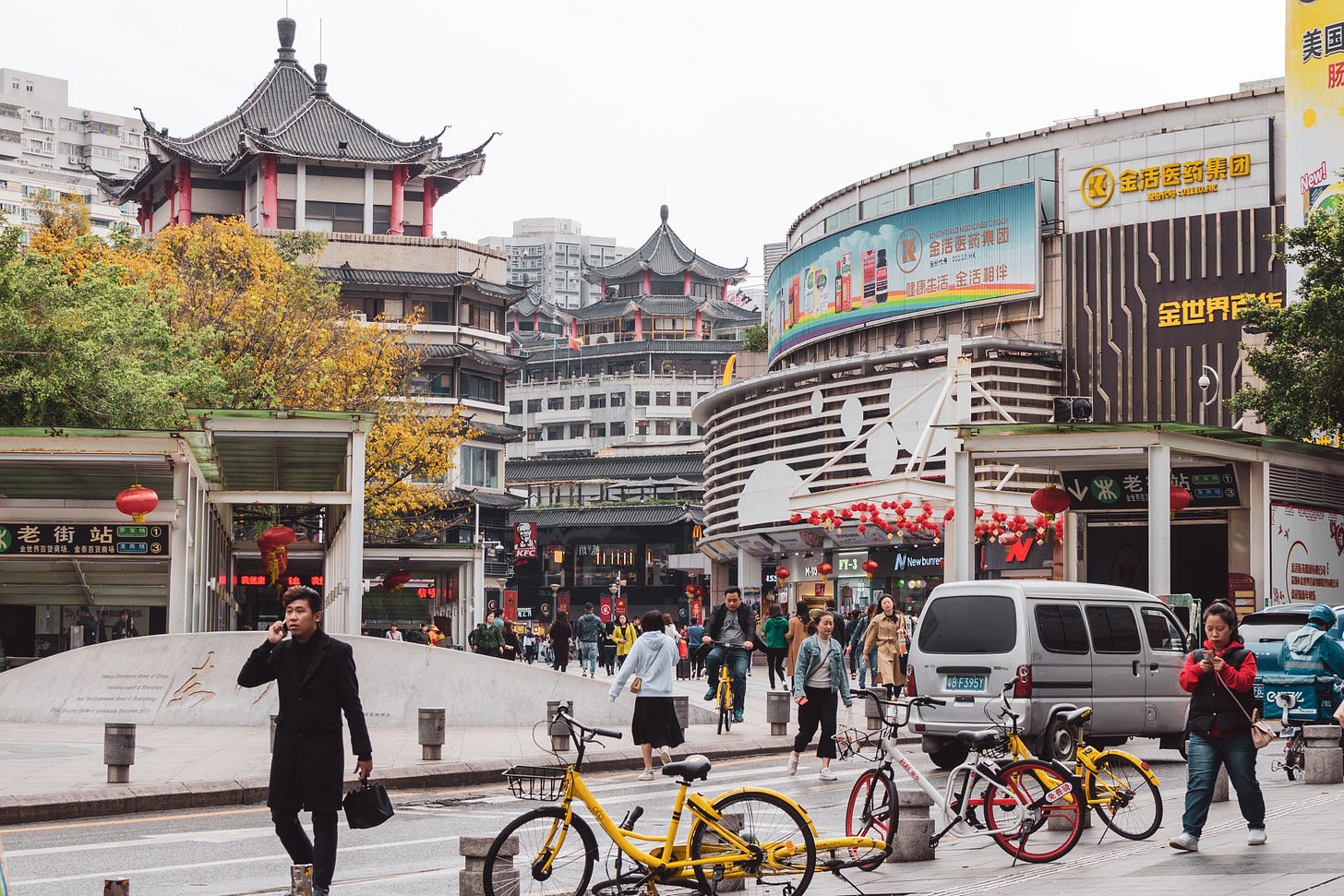Emerging Markets Monitor - December 29
Investors See '23 EM Recovery, Vietnam's Sizzling Growth, China Biz Sentiment Weak, Soaring Shipping Rates Back Down to Earth, China-Asia Trade Rising
The Top 5 Stories Shaping Emerging Markets from Global Media - December 29
After a Rough Year, Investors See Recovery for EM in 2023
Reuters
“It has been a rough 12 months for emerging markets that have seen more governments stumble into default, currencies suffer and double-digit losses in stocks and bonds alike - though many investors are optimistic that 2023 could bring some relief.
“A slowing pace of interest rate hikes in the United States and other major economies could set the stage for an emerging markets recovery in 2023, with a softer dollar and falling inflation providing much sought relief.”
“China's reopening following its COVID-19 lockdowns will be bumpy, but making up nearly a fifth of global gross domestic product the prospect of a sharp upswing at a time of slow global growth is enticing.”
“Analysts expect a sharp pick-up in consumption and investment in the world's second-largest economy from mid-2023 onwards.”
“A growing list of countries are in debt distress in the wake of COVID-19 and the war in Ukraine: Zambia and Ethiopia are trying to overhaul debt burdens under the Group of 20 Common Framework. Sri Lanka and Ghana defaulted in 2022.” Reuters reports.
Vietnam Pulls off Asia’s Fastest Growth as Economy Powers On
Bloomberg
“Vietnam’s economy grew at the fastest pace in Asia this year, signaling momentum just before risks from a global slowdown began to materialize.”
“Gross domestic product rose 8.02% in the year to December, according to official data reported Thursday. That was faster than the government’s initial target of 6%-6.5% growth and was aided by a quicker-than-expected 5.92% expansion in the final quarter.”
“Manufacturing, which grew 8.1% during the year, was the main driver of economic growth, according to Nguyen Thi Huong, head of Vietnam’s General Statistics Office. Strong improvement in services also supported growth.”
“The better-than-expected showing gives Vietnam’s central bank the space to wait-and-watch before deciding to pivot monetary policy away from tightening. While the authority has raised the benchmark rate by 200 basis points in two moves this year to 6%, looming fears of debt default in Vietnam’s property-sector has given reason for concern about a China-style growth hit.”
“Vietnam will struggle to keep inflation in check next year, according to Bui Thuy Hang, the central bank’s deputy head of monetary policy department. The country will face consumer price increases, with inflation forecast at about 5% in early 2023, higher than the government’s full-year target of 4.5%, Hang told an economic forum in Hanoi on Dec. 17.” Bloomberg reports.
China Business Sentiment Weak, Recovery Remains Challenging
South China Morning Post
“China’s economic recovery is still challenged by weak business sentiment and shrinking industrial orders, according to a new survey, as economists warn mounting external challenges could derail a full recovery.”
“A survey conducted by China’s central bank in the fourth quarter shows that business confidence and activity in the world’s No 2 economy are still at low levels almost three years after the start of the coronavirus pandemic, indicating a bumpy recovery ahead.”
“More than half of business owners claimed that the economy is cooling and the business climate getting weaker, according to the People’s Bank of China, which published the poll of 5,000 entrepreneurs in the industrial sector on Tuesday.”
“China’s leadership faces a daunting task to stabilise the economy, which has been hit hard by years of hardline Covid controls that were only dropped in a sudden policy shift in early December. The relaxation of zero-Covid has unleashed China’s worst wave of virus outbreaks to date.” Frank Tang reports.
Container Shipping Boom Unwinds, Returns to Pre-Covid Reality
Hellenic Shipping News
“The billion-dollar question for container shipping markets at the beginning of 2022 was: ‘Party on or the big unwind?’”
“It turned out to be the big unwind. As this year comes to a close, the party is pretty much over. Many of the COVID-era market gains are gone. The rest will be in jeopardy in 2023.”
“The Freightos Baltic Daily Index (FBX) assessed China-West Coast rates at $1,378 per forty-foot equivalent unit on Monday. The index has been relatively unchanged since Nov. 23 and is down 93% from its all-time high in September 2021.”
“It has now done a full round trip since the beginning of the COVID-induced consumer boom — it’s back where it was at this time of year in 2019.”
“The weekly Drewry World Container Index (WCI) assessed Shanghai-Los Angeles spot rates at $1,992 per FEU as of Thursday. It has been roughly flat since Dec. 8. It’s down 84% from its peak in November 2021, although still $557 per FEU above where it was in late December 2019.”
“Container shipping spot rates are also assessed by Platts, a division of S&P Global Commodities. Platts put North Asia-West Coast spot rates at $1,300 per FEU as of Monday, $50 per FEU below its assessment at this time in 2019.” Hellenic Shipping News reports.
China Increases Trade With Asia as U.S Pushes for Decoupling
Wall Street Journal
“While the U.S. has sought to persuade countries to reduce their dependence on China, trade ties between the world’s second-largest economy and the rest of Asia are deepening as economies grow and companies refashion supply chains.”
“Behind the trend, economists say, are powerful economic forces that tend to bind smaller economies to bigger ones as well as China’s dominant role as a supplier of the kind of affordable goods that fast-growing countries need, such as cars and machinery.”
“But China’s growing trade with its Asian neighbors also reflects the ripples of the worsening spat between the world’s two largest economies that began with a fight over trade and has since widened to encompass technology, national security and foreign policy.”
“The trade battle that took off in 2018, along with subsequent pandemic disruptions, inaugurated a reordering of global supply chains. Manufacturers based in China have sought to shift some elements of their production lines to the country’s Asian neighbors, either to sidestep tariffs or insulate themselves from the risk of future upheavals as relations between the U.S. and China deteriorate.” WSJ reports.
“Being challenged in life is inevitable, being defeated is optional.” – Roger Crawford






